How to Measure Sleep Quality: An Expert Guide
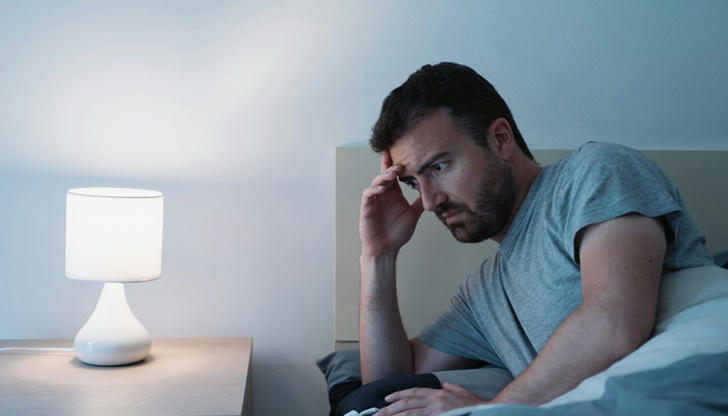
Sleep is the time when the body and mind get some much needed rest from all the stress of everyday life. Studies show that quality sleep has a positive impact on your health, mental well-being, productivity and alertness. In fact, according to another study it has been found that getting less than 7 hours of sleep can increase your risk for a stroke by as much as 25%. And yet many adults struggle with falling asleep every night. How do you know if you have bad sleep or not? This article explores various ways to measure sleep quality.
Why is measuring sleep quality important?
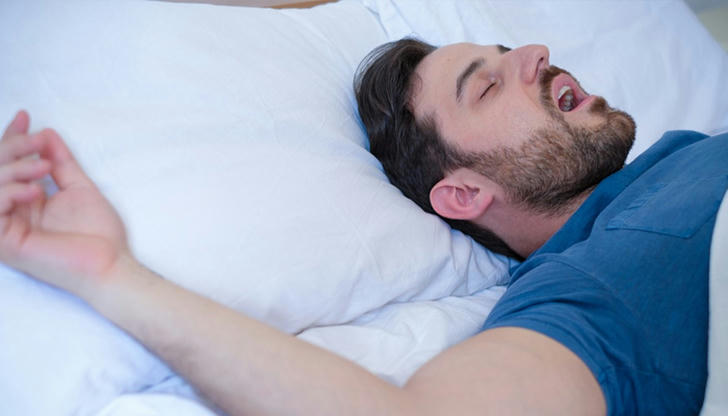
While there are no standardized guidelines for measuring sleep quality, it is important to understand your sleep habits and patterns. This will give you clues as to why you may not be sleeping well. For example, a person who has blood pressure issues may not be able to lay on their side to fall asleep. Someone who has a sleep disorder like sleep apnea, may not get enough oxygen during sleep. Sleep quality is about understanding what works for you and what doesn’t.
What happens when you don’t have a quality sleep? You don’t get the required rest, and your alertness and productivity take a hit. Not to mention, your overall health as well. Lack of sleep also increases the risk of heart disease and diabetes, leads to an increased risk of obesity and disrupts your hormones. If you have trouble sleeping, it’s important to get to the root cause of the problem to find a solution.
How to measure sleep quality?
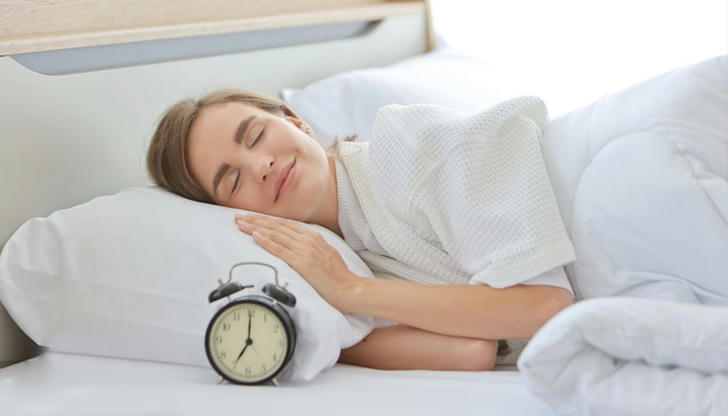
Although there are no standard guidelines, there are different ways to measure your sleep. How you measure sleep is largely dependent on the resources and tools available to you. Here are a few standard ways to measure sleep quality.
Use a smart-speaker to track your sleep
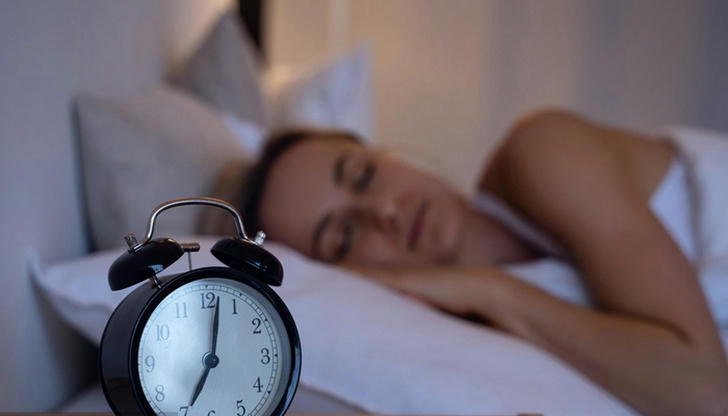
With the rise of AI, we now have smart-speakers in our lives. But did you know that they can also help you track your sleep? A few of the smart-speakers like the Amazon Echo and Google Home can track your sleep. You can use the Alexa or Google Assistant to record your sleep by saying ‘Okay, Google, start sleep’ or ‘Alexa, start sleep’. And the best part is that you don’t have to go anywhere near your phone. All you have to do is say a few words. The smart-speaker will record and store your sleep data. You can tell Alexa or Google Assistant to ‘View my sleep’ to see your sleep data.
Track your body movement to measure sleep quality

You can use a sleep tracker to track your sleep quality. Sleep trackers use sensors to track your body movement, heart rate, and light levels. There are many sleep trackers in the market, but not all of them are created equal. A few of them are great at measuring sleep quality, while others are not as accurate. You can check the reviews on Amazon to find a reliable sleep tracker. A few of the best sleep trackers include the Fitbit Versa, Fitbit Charge 3, Garmin Vivosmart, and the Apple Watch. You can also use a heart rate monitor which can track how fast your heart beats while you are sleeping.
Body Measurements
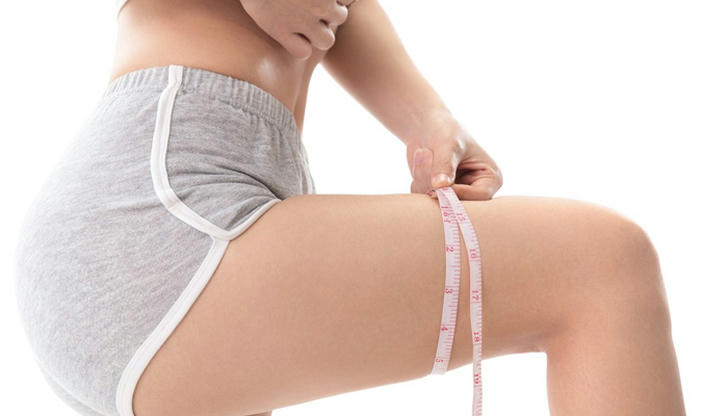
Another way to measure sleep quality is to measure your body. A few examples are the circumference of your wrist, width of your chest, and the length of your torso. There are various studies that explore the relationship between the above body measurements and sleep quality. These studies have found that the circumference of your wrist and the length of your torso are associated with REM sleep. The width of your chest is associated with non-REM sleep.
Sleep is an important part of a healthy lifestyle. It is important to understand your sleep habits and patterns to know why you may not be sleeping well.

